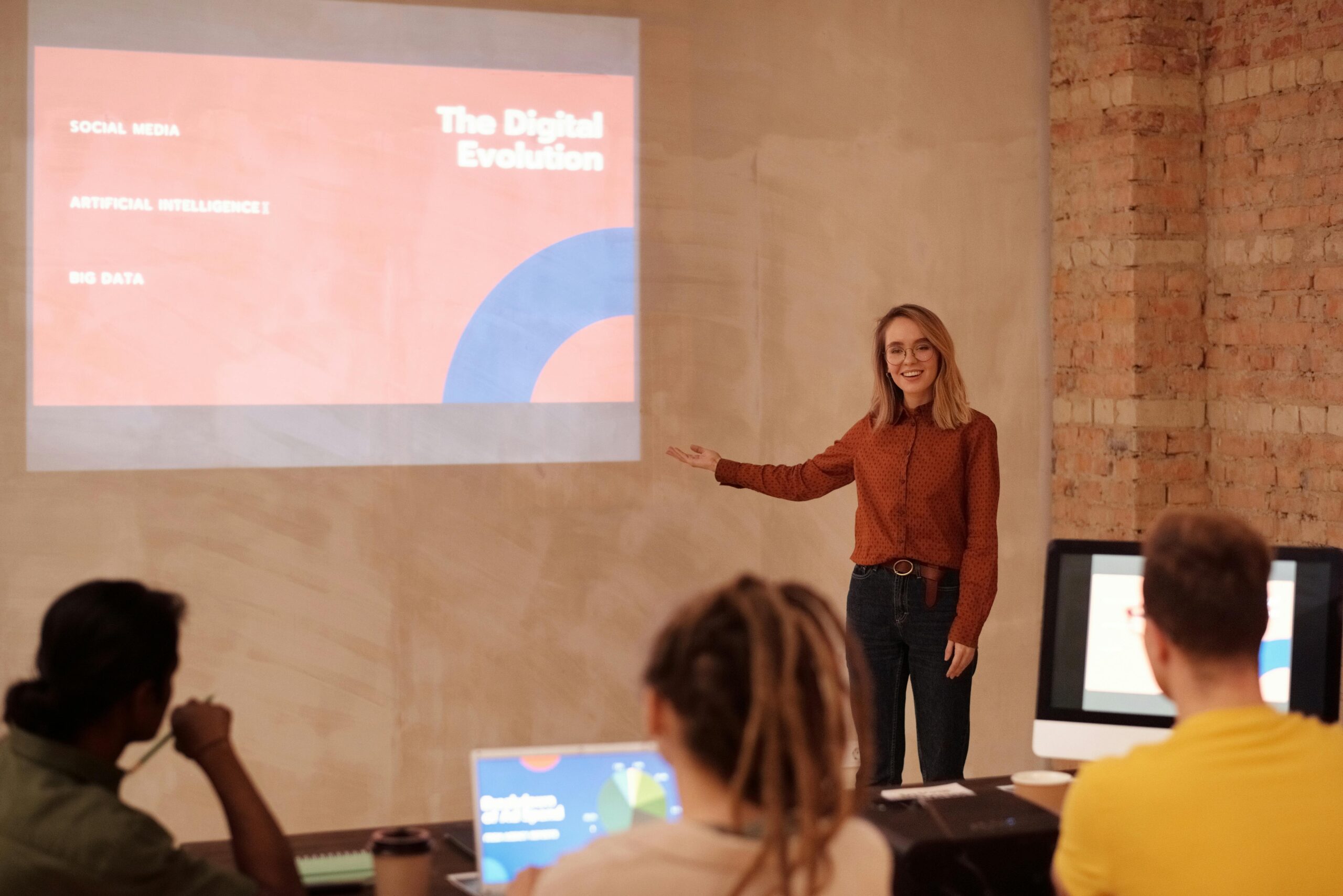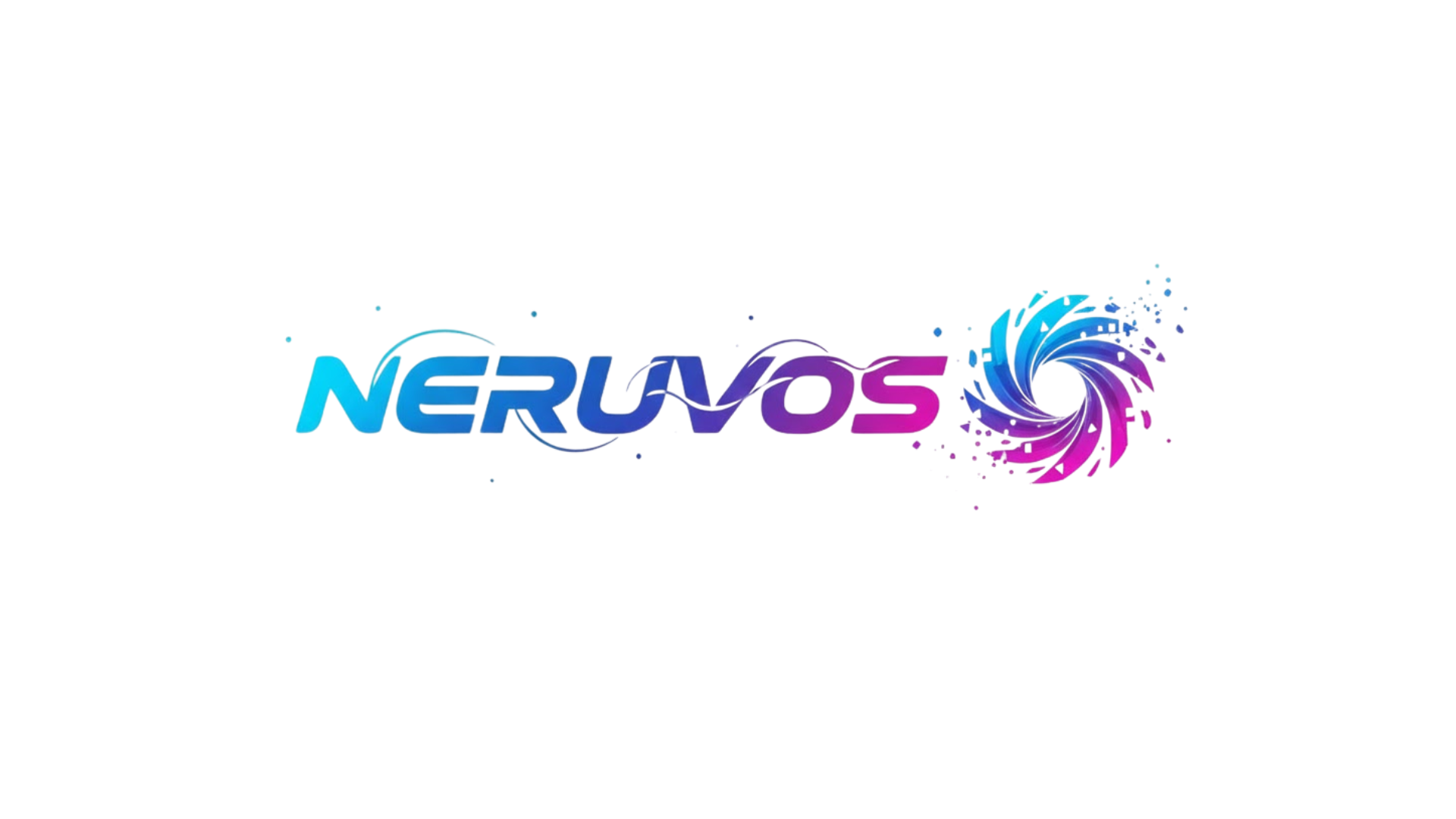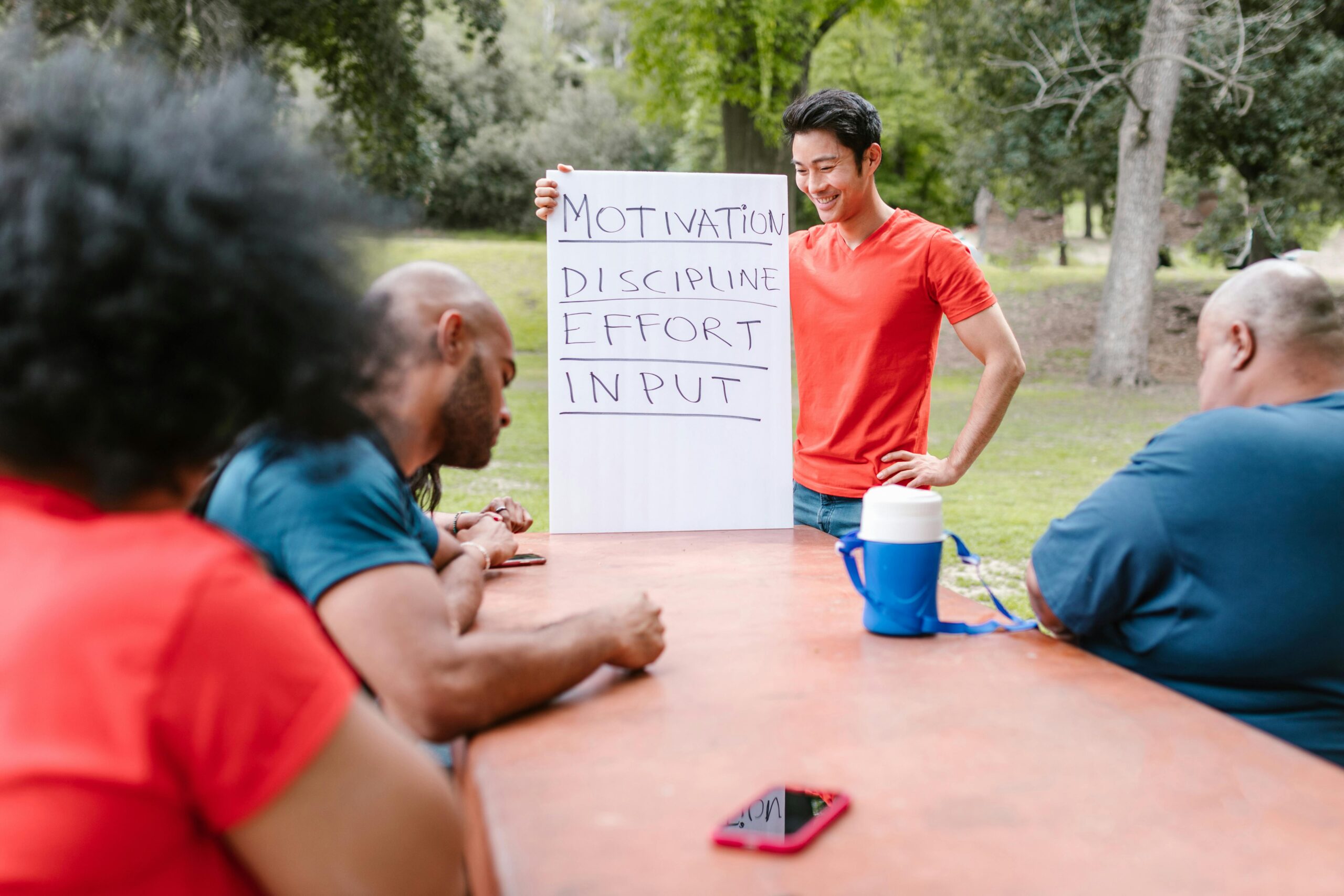Artificial intelligence is revolutionizing education by offering personalized learning experiences that adapt to individual student needs, transforming traditional teaching methods into dynamic, responsive guidance systems.
The landscape of education has undergone a dramatic transformation in recent years, with AI-powered tutoring systems emerging as one of the most promising innovations in personalized learning. These intelligent systems are reshaping how students engage with educational content, offering tailored instruction that responds to each learner’s unique pace, style, and challenges. Unlike traditional one-size-fits-all approaches, AI tutors provide adaptive support that maximizes learning outcomes while making education more accessible and engaging than ever before.
🎯 The Revolution of Intelligent Learning Companions
AI tutors represent a fundamental shift in how we approach education. These sophisticated systems leverage machine learning algorithms, natural language processing, and data analytics to create deeply personalized educational experiences. By continuously analyzing student performance, engagement patterns, and learning preferences, AI tutors can adjust their teaching strategies in real-time, ensuring that each student receives exactly the support they need at precisely the right moment.
The power of these systems lies in their ability to process vast amounts of educational data instantly. Traditional tutors, no matter how skilled, can only work with limited students simultaneously and may miss subtle patterns in learning behaviors. AI tutors, however, can track hundreds of variables simultaneously, identifying knowledge gaps, predicting potential difficulties, and intervening before students become frustrated or disengage from the learning process.
This technology doesn’t aim to replace human educators but rather to augment and enhance their capabilities. By handling routine instructional tasks and providing initial support, AI tutors free human teachers to focus on higher-level educational objectives such as critical thinking, creativity, and emotional development. The result is a hybrid educational model that combines the scalability and consistency of artificial intelligence with the empathy and inspiration of human instruction.
📊 How Personalization Drives Learning Success
Personalization stands at the core of effective AI tutoring systems. Every student learns differently, processing information at varying speeds and through different modalities. Some learners excel with visual representations, while others prefer auditory explanations or hands-on practice. AI tutors excel at identifying these preferences and adapting their instructional approach accordingly.
The personalization process begins with comprehensive assessment. Through diagnostic tests and ongoing performance monitoring, AI tutors build detailed profiles of each student’s strengths, weaknesses, and learning patterns. This information becomes the foundation for customized learning paths that optimize engagement and retention. If a student struggles with algebraic concepts but excels at geometry, the system allocates more time and resources to strengthening algebraic understanding while maintaining momentum in stronger areas.
Advanced AI tutors also consider emotional and motivational factors. By detecting signs of frustration, boredom, or confusion through interaction patterns and even facial recognition in some cases, these systems can adjust difficulty levels, provide encouraging feedback, or suggest breaks when appropriate. This emotional intelligence component ensures that learning remains a positive experience, building confidence and fostering a growth mindset.
Adaptive Content Delivery
One of the most powerful features of AI tutoring systems is their ability to dynamically adjust content presentation. Rather than following a rigid curriculum sequence, these systems continuously evaluate student comprehension and modify the learning pathway accordingly. If a student demonstrates mastery of a concept quickly, the system accelerates to more challenging material. Conversely, if comprehension lags, the AI tutor provides additional explanations, alternative examples, and supplementary practice opportunities.
This adaptive approach extends to assessment as well. Traditional tests often provide limited insight into student understanding, offering only a snapshot of performance at a single moment. AI tutors employ continuous formative assessment, gathering data from every interaction to build a comprehensive picture of student knowledge. This ongoing evaluation allows for immediate intervention when misconceptions arise, preventing the accumulation of knowledge gaps that can undermine future learning.
💡 Key Features That Make AI Tutors Effective
The most successful AI tutoring platforms share several essential characteristics that contribute to their educational impact. Understanding these features helps educators, students, and parents make informed decisions about implementing AI-powered learning tools.
- Real-time feedback: Immediate correction and guidance help students learn from mistakes without delay, reinforcing correct understanding and preventing misconception solidification.
- Infinite patience: AI tutors never become frustrated or judgmental, creating a safe learning environment where students feel comfortable asking questions and making mistakes.
- 24/7 availability: Learning doesn’t conform to traditional school hours, and AI tutors provide support whenever students need it, accommodating different schedules and learning rhythms.
- Comprehensive tracking: Detailed analytics provide insights into learning progress, helping students, parents, and teachers identify patterns and make data-driven educational decisions.
- Multimodal instruction: Effective AI tutors present information through text, audio, video, and interactive simulations, catering to diverse learning preferences.
- Scaffolded support: The system provides appropriate levels of assistance, gradually reducing support as student competence increases, promoting independent learning skills.
🚀 Transforming Subjects Through AI-Powered Instruction
AI tutors have demonstrated remarkable effectiveness across diverse academic disciplines. In mathematics, these systems excel at breaking down complex problems into manageable steps, providing targeted practice on specific skills, and helping students recognize patterns and relationships. The immediate feedback loop in mathematical AI tutors prevents students from practicing incorrect methods, a common problem in traditional homework settings.
Language learning represents another area where AI tutors shine. Natural language processing enables these systems to engage in conversational practice, correct pronunciation, explain grammatical structures, and provide culturally relevant context. Students can practice speaking, reading, and writing at their own pace without the anxiety that sometimes accompanies human interaction in language learning contexts.
In science education, AI tutors facilitate inquiry-based learning through virtual laboratories and simulations. Students can conduct experiments, manipulate variables, and observe outcomes in safe, cost-effective digital environments. The AI provides guidance throughout the scientific process, helping students develop hypothesis formation, data analysis, and critical thinking skills.
Humanities and Critical Thinking
While AI tutors are often associated with STEM subjects, they also offer significant benefits for humanities education. In literature and history, AI systems can provide contextual information, facilitate discussions about themes and interpretations, and help students develop analytical writing skills. Advanced natural language generation capabilities enable these tutors to provide detailed feedback on essays, identifying areas for improvement in argumentation, evidence use, and writing mechanics.
The Socratic questioning approach employed by sophisticated AI tutors proves particularly valuable in developing critical thinking skills. Rather than simply providing answers, these systems guide students through reasoning processes, helping them discover insights independently and develop deeper understanding.
📱 Leading AI Tutoring Platforms Making a Difference
The educational technology market now offers numerous AI tutoring solutions, each with unique strengths and specialized focus areas. Khan Academy’s integration of AI-powered features provides personalized learning paths across a comprehensive curriculum. Duolingo has revolutionized language learning through gamified, adaptive instruction that keeps millions of users engaged daily.
Photomath transforms mathematics learning by allowing students to photograph problems and receive step-by-step solutions with detailed explanations. This instant feedback mechanism helps students understand solution strategies rather than simply copying answers.
Socratic by Google leverages artificial intelligence to help students understand homework across multiple subjects. By using computer vision to recognize questions and comprehensive AI to provide explanations, it serves as an always-available study companion that promotes genuine understanding rather than mere answer-seeking.
🎓 Maximizing Learning Outcomes with AI Support
To fully leverage the power of AI tutors, students and educators should approach these tools strategically. Setting clear learning objectives ensures that AI tutor interactions remain focused and productive. Rather than passively consuming explanations, students should actively engage with the material, asking follow-up questions and attempting variations on practice problems.
Regular review sessions using AI tutor analytics help identify persistent challenges and track progress over time. These insights enable strategic allocation of study time, focusing energy on areas requiring improvement while maintaining proficiency in mastered concepts. The combination of AI-guided practice and periodic self-reflection creates a powerful metacognitive awareness that enhances learning efficiency.
Parents and educators play crucial roles in optimizing AI tutor effectiveness. By monitoring usage patterns and learning outcomes, they can ensure that students use these tools appropriately and maintain balance with other educational activities. AI tutors work best as components of comprehensive learning ecosystems rather than isolated solutions.
Developing Self-Regulated Learning Skills
AI tutors offer unique opportunities to cultivate self-regulated learning behaviors. By providing immediate feedback and detailed progress tracking, these systems help students develop awareness of their learning processes. Students learn to set goals, monitor their understanding, adjust strategies when needed, and evaluate their progress—skills that transfer across academic contexts and into lifelong learning.
The scaffolding provided by AI tutors gradually increases student autonomy. Initial interactions may involve substantial guidance, but as competence develops, the system reduces support, encouraging independent problem-solving. This graduated release of responsibility builds confidence and capability simultaneously.
⚡ Overcoming Challenges and Limitations
Despite their impressive capabilities, AI tutors face certain limitations that users should understand. Current technology sometimes struggles with highly nuanced questions or creative problem-solving that requires human intuition and experience. The systems excel at structured content and procedural knowledge but may provide less effective support for open-ended exploration and complex reasoning in ambiguous situations.
Equity concerns also warrant attention. Access to AI tutoring technologies requires reliable internet connectivity and appropriate devices, potentially widening achievement gaps between students with different resource levels. Educational institutions and policymakers must address these disparities to ensure that AI-powered learning benefits all students rather than privileging already-advantaged populations.
Privacy considerations remain paramount when implementing AI tutoring systems. These platforms collect extensive data about student performance, learning patterns, and sometimes personal information. Robust data protection policies and transparent practices are essential to maintain trust and protect student privacy while leveraging data for educational improvement.
🌟 The Future Landscape of AI-Enhanced Education
The trajectory of AI tutoring technology points toward increasingly sophisticated and effective systems. Advances in natural language processing will enable more natural, conversational interactions that closely mimic human tutoring relationships. Improved emotional intelligence capabilities will allow AI tutors to better recognize and respond to student affective states, providing encouragement and motivation tailored to individual psychological needs.
Integration with emerging technologies like virtual and augmented reality will create immersive learning environments where AI tutors guide students through experiential education. Imagine exploring ancient civilizations through VR with an AI tutor providing historical context, or conducting complex chemistry experiments in augmented reality with real-time guidance and safety support.
The evolution toward truly adaptive lifelong learning companions represents perhaps the most transformative potential. Rather than separate tools for different educational stages, future AI tutors may accompany learners throughout their lives, maintaining comprehensive knowledge of their capabilities, interests, and goals. These systems would facilitate continuous skill development, career transitions, and personal growth, adapting to changing needs across decades.
🤝 Creating Synergy Between Human and Artificial Intelligence
The most effective educational models will blend human expertise with AI capabilities in complementary ways. Human teachers provide inspiration, cultural context, ethical guidance, and personal connection that current AI systems cannot replicate. AI tutors offer scalability, consistency, infinite patience, and data-driven personalization beyond human capacity. Together, they create learning ecosystems more powerful than either approach alone.
This partnership requires thoughtful implementation. Educators need training to effectively integrate AI tutoring tools into their pedagogical practices, understanding when to delegate instruction to AI systems and when human intervention proves essential. Professional development programs should emphasize data literacy, helping teachers interpret AI-generated analytics and translate insights into instructional improvements.
Students likewise benefit from explicit instruction in working effectively with AI tutors. Learning to ask productive questions, interpret AI feedback, and recognize system limitations enables students to maximize these tools’ benefits while maintaining critical perspective on technological capabilities and constraints.

💪 Empowering Every Learner Through Intelligent Support
The democratization of high-quality tutoring represents one of AI education technology’s most significant contributions. Historically, personalized instruction remained accessible primarily to privileged students whose families could afford private tutors. AI tutors make individualized support available to anyone with internet access, potentially transforming educational equity.
For students in underserved communities, rural areas, or developing nations, AI tutors provide access to educational resources and expertise otherwise unavailable. These systems can support learning in multiple languages, adapt to diverse cultural contexts, and accommodate varying educational preparation levels, creating pathways to success for learners facing systemic barriers.
Students with learning differences particularly benefit from AI tutoring adaptability. Systems can adjust pace, presentation format, difficulty level, and support intensity to match individual needs, providing accommodations that would be difficult or impossible in traditional classroom settings. This personalization enables students with diverse abilities to achieve their full potential.
The power of AI tutors lies not in replacing human connection but in extending educational opportunity and effectiveness. By providing personalized guidance that adapts to individual needs, these intelligent systems help every student access the support necessary for maximum learning success. As technology continues advancing and implementation practices mature, AI-enhanced education promises to make high-quality, personalized instruction universally available, transforming lives through the power of adaptive, intelligent learning support.
Toni Santos is an education futurist and learning design researcher dedicated to reimagining how people build skills in a fast-changing world. With a focus on cognitive tools, EdTech innovation, and equitable access, Toni explores systems that help learners think deeper, adapt faster, and learn for life. Fascinated by the science of learning and the power of technology to personalize growth, Toni’s journey bridges classrooms, startups, and global initiatives. Each project he shares is an invitation to transform education into a continuous, human-centered experience—where curiosity, practice, and purpose align. Blending learning science, product design, and policy insight, Toni studies models that turn knowledge into capability at scale. His work highlights how thoughtful design and inclusive technology can unlock talent everywhere—across ages, cultures, and contexts. His work is a tribute to: Cognitive learning tools that make thinking visible and transferable EdTech innovation that expands access and personalizes pathways Lifelong learning systems that support relevance, resilience, and purpose Whether you’re building a learning product, shaping policy, or growing your own skills, Toni Santos invites you to design learning for tomorrow—one insight, one practice, one empowering pathway at a time.




